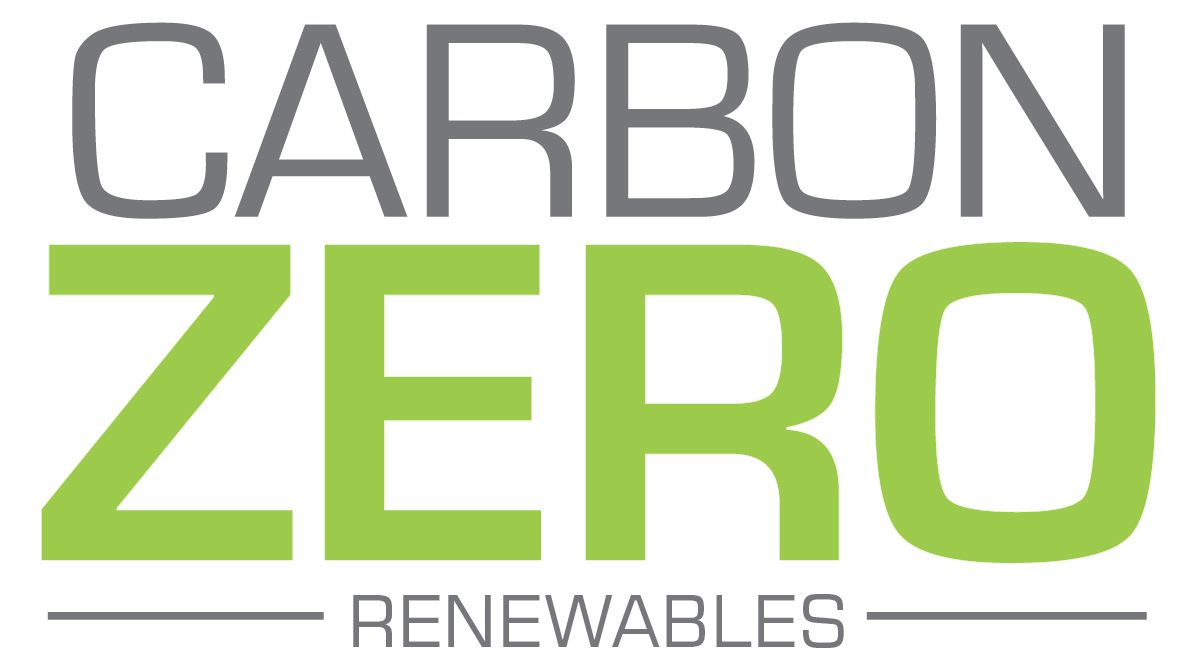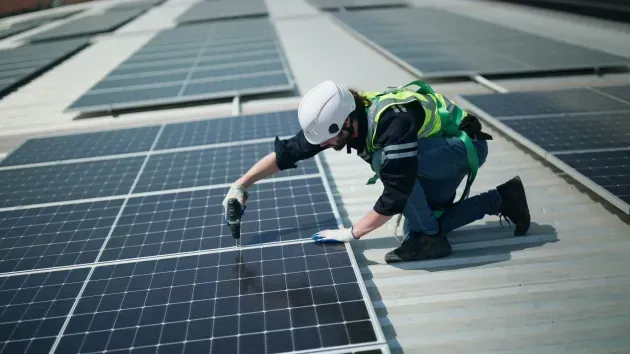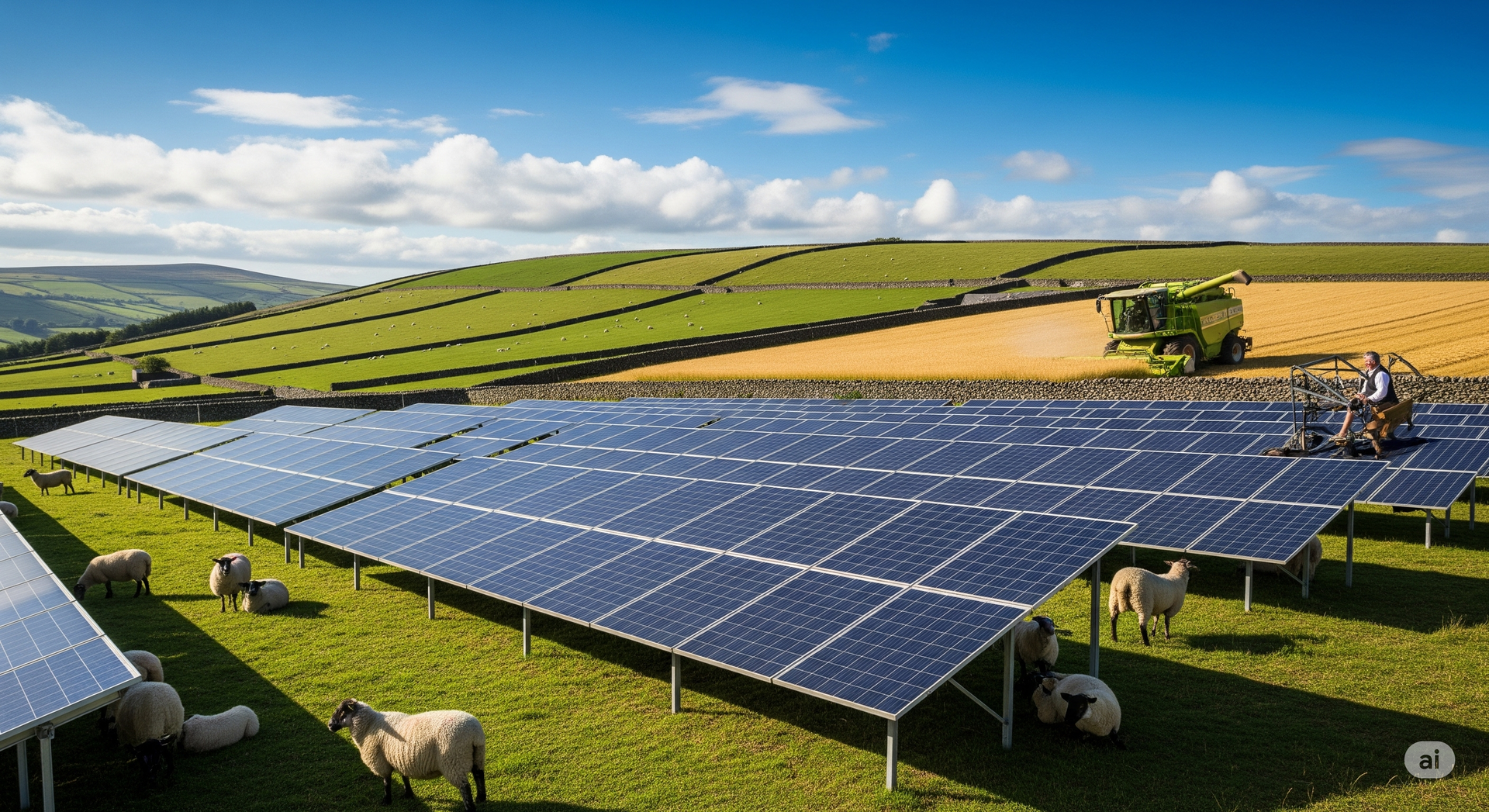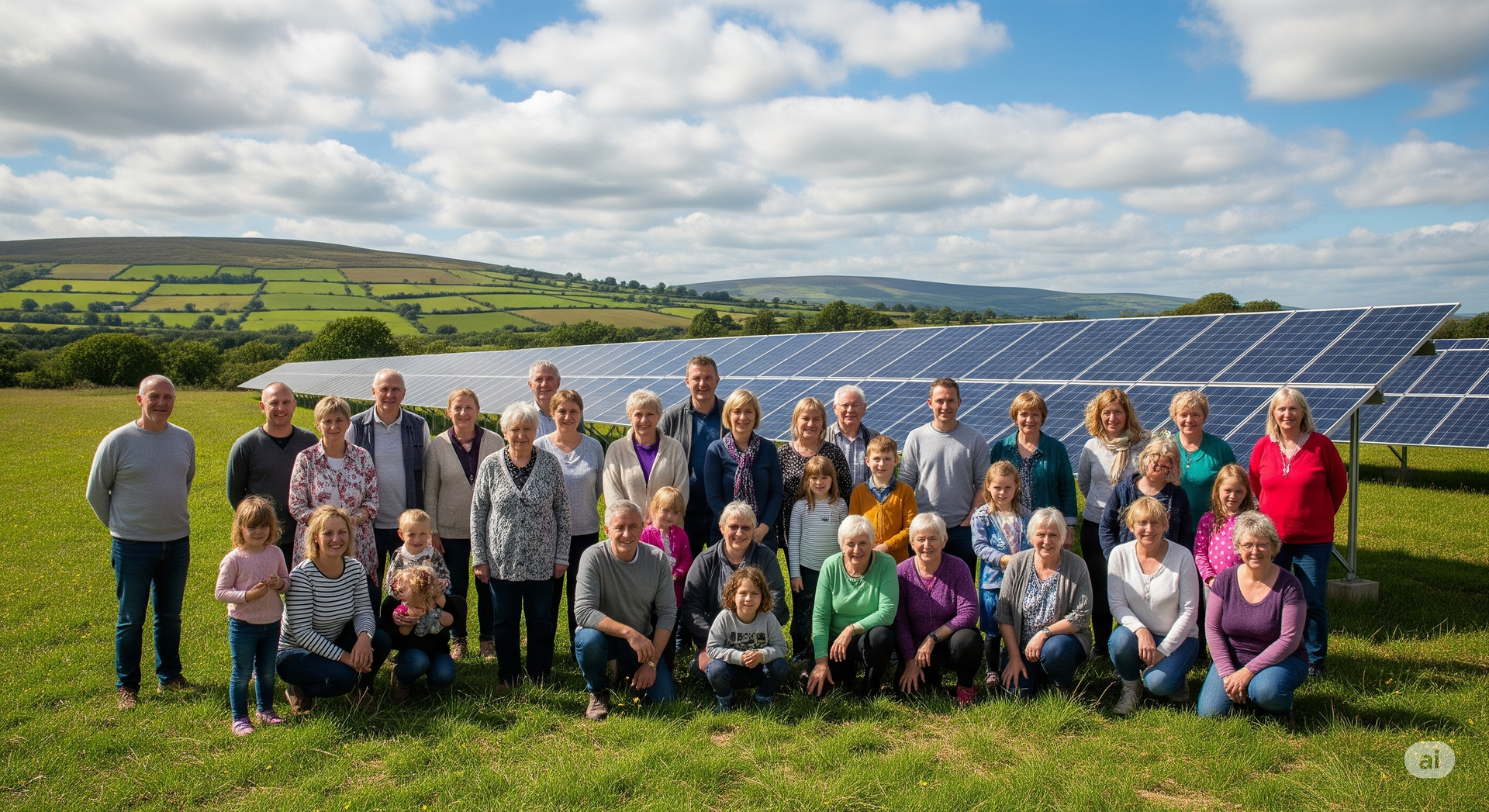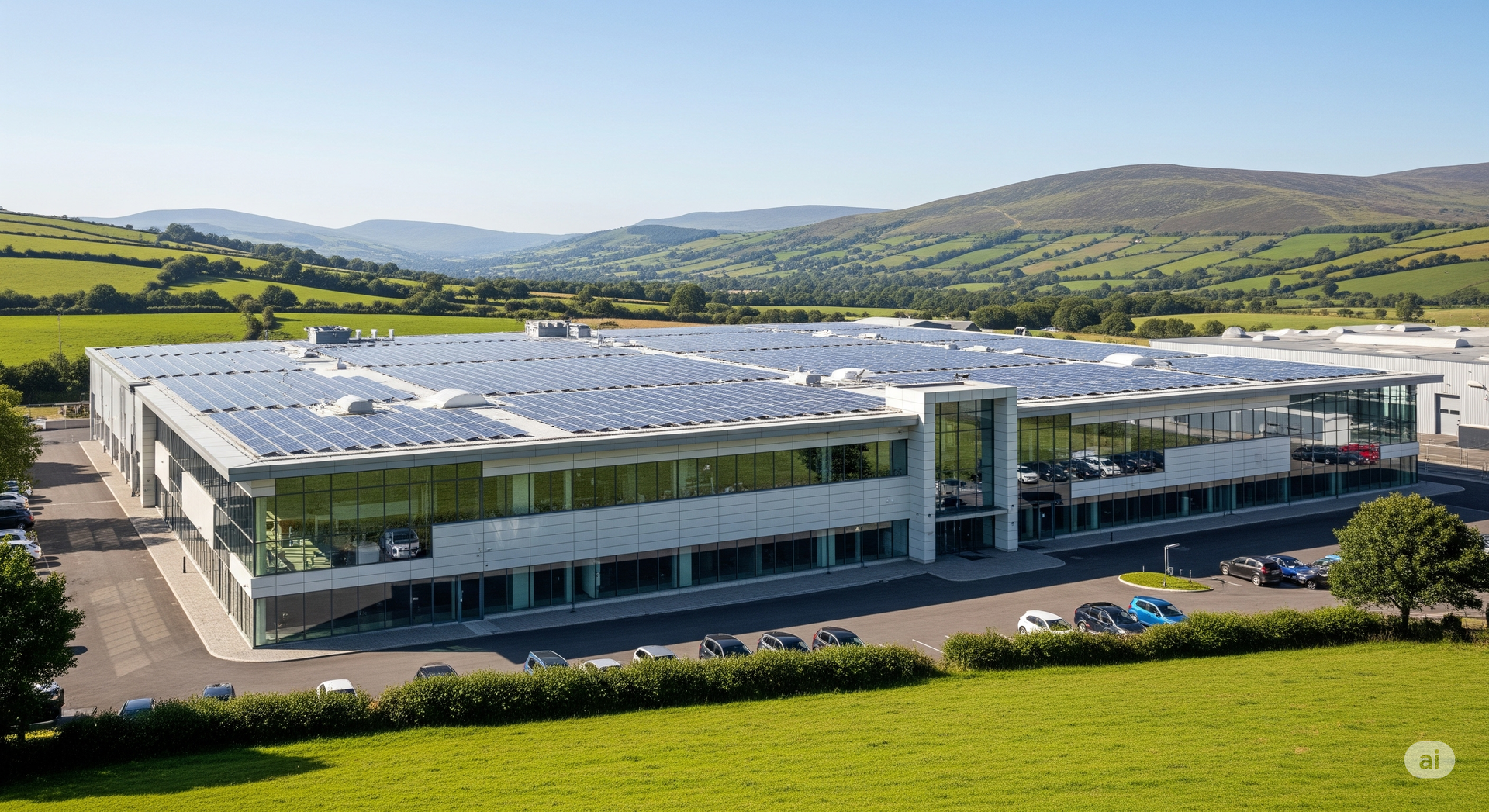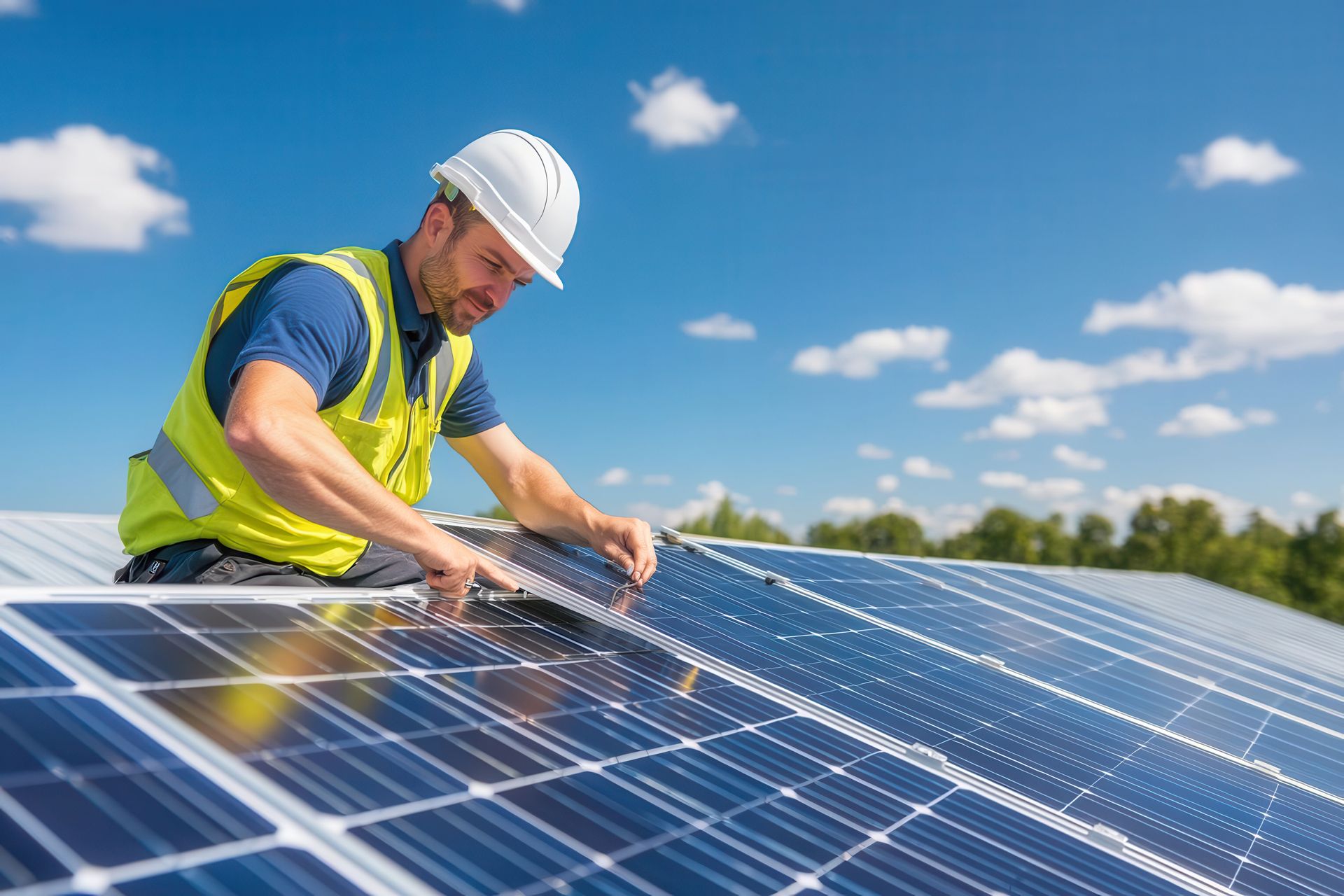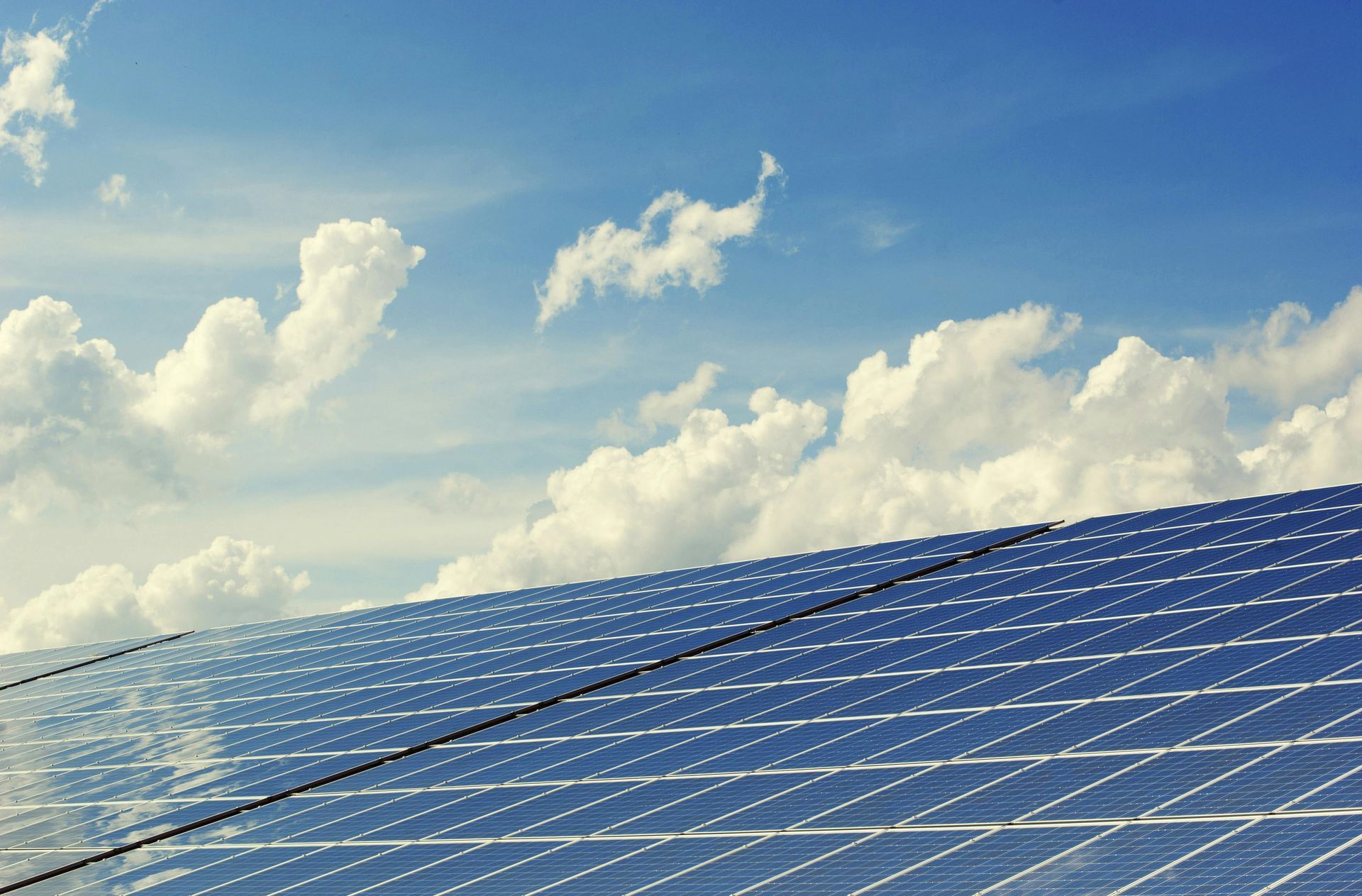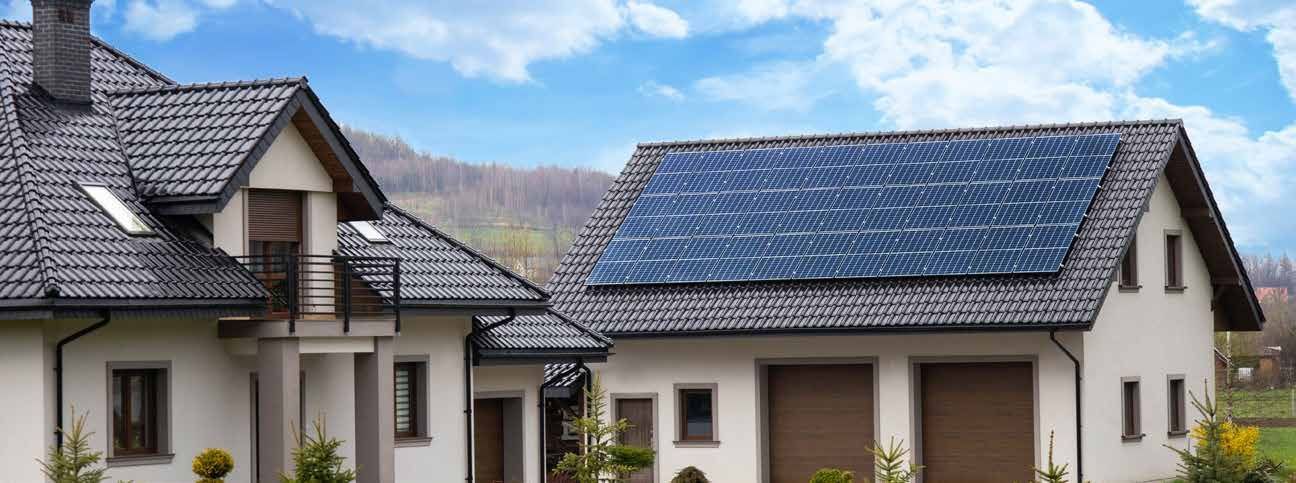Solar photovoltaic (PV) systems have become one of the most talked-about energy technologies in the UK — and for good reason. They help households save money, reduce carbon emissions, strengthen our energy security, and even boost the economy. But these benefits go far beyond the obvious. When we look at the official government and ONS data, it’s clear that solar PV isn’t just a smart choice for individuals — it’s a crucial part of the UK’s energy future.
Reducing Energy Bills for Households
Let’s start with the most immediate benefit: lowering electricity costs. According to the UK Government, a typical existing home can save around
£530 per year by installing rooftop solar panels, based on current price cap levels. This saving comes from using your own self-generated electricity instead of buying it from the grid, especially during the day when rates can be high.
The savings potential has increased in recent years as energy prices have risen. Over a 25-year lifespan — which is typical for quality solar panels — the total savings can add up to many thousands of pounds. And this is before factoring in the extra income that can be earned by exporting surplus energy to the grid under the
Smart Export Guarantee (SEG), where energy suppliers pay you for each kilowatt hour you export.
Cutting Carbon and Helping the Environment
The environmental benefits are equally significant. Once installed, solar panels generate electricity with zero emissions. This means that every unit of electricity you produce from solar directly displaces the need for generation from fossil fuels such as gas or coal.
The Government’s
Energy Efficient Home campaign identifies solar as one of the most effective measures for creating greener homes, alongside insulation and other efficiency upgrades. On a national level, increased solar capacity is vital for meeting the UK’s legal commitment to reach
net zero by 2050 and the interim target of a
fully decarbonised electricity system by 2035.
Rapid Deployment for Faster Impact
Solar is one of the quickest renewable technologies to install. The Government’s
Solar Roadmap notes that large ground-mounted solar farms can be developed in as little as one year, and rooftop systems can be fitted in a matter of days. This speed means solar can be scaled up quickly to meet rising demand or to offset reductions in fossil fuel generation.
Fast deployment is particularly valuable in times of energy price volatility, as we saw during the global gas price surge in 2022–23. Increasing home-grown renewable capacity like solar helps protect the UK from such market shocks.
Boosting the UK Economy and Creating Jobs
The solar sector is already a significant source of employment. DESNZ figures show that in 2022, there were around
9,000 direct full-time equivalent (FTE) jobs and
8,500 indirect FTE jobs linked to solar in Great Britain. These numbers are set to grow dramatically, with projections of
up to 35,000 direct and indirect jobs by 2030.
These roles range from manufacturing components to designing systems, installation, maintenance, and even research into new technologies. Because solar can be deployed in both urban and rural areas, job creation benefits communities across the country — from local installers in small towns to engineers on large-scale solar farms.
Strengthening Energy Security
Energy security has become a major concern in recent years. The UK Government’s guidance on renewable energy stresses that increasing domestic renewable capacity, including solar PV, helps to reduce our reliance on imported fossil fuels.
By generating electricity here at home, we are less exposed to geopolitical risks or supply disruptions in global fuel markets. Solar also helps diversify the UK’s energy mix, reducing the impact of fluctuations in any one energy source. In short, every new solar installation makes the grid more resilient.
Adding to the UK’s Natural Capital
The benefits of solar extend into the UK’s natural capital — the value of our environment and the resources it provides. The
ONS Natural Capital Accounts (2024) show that the annual value of renewable electricity provisioning in 2022 was around
99,192 GWh — nearly five times higher than in 2011. This rise is the result of sustained growth in renewable technologies, including solar PV.
By replacing fossil fuel generation, solar not only helps cut emissions but also reduces the environmental degradation associated with resource extraction and combustion.
Does Solar Increase Property Value?
While not always listed in the statistics, another benefit is the potential to make a property more attractive to buyers. With energy efficiency becoming a bigger factor in purchasing decisions, homes with solar panels can stand out in the market. Lower running costs and the reassurance of self-generated power appeal to many buyers, especially in times of high energy prices.
Get
solar installation in North Wales.
While official figures don’t quantify the exact property value increase, government housing and energy efficiency surveys suggest that energy performance is increasingly influencing market behaviour.
A Technology That Works in the UK Climate
Some people assume solar only works in sunny countries, but the data tells a different story. UK solar PV systems operate effectively year-round, generating power from daylight rather than direct heat. While production peaks in summer, panels still produce electricity during overcast days and in winter.
The UK’s solar capacity factor — the proportion of actual generation to maximum possible output — is around
10%. While this is lower than in sunnier climates, it still translates into significant annual generation, as shown by the
14.79 TWh produced in 2024.
Part of a Bigger Energy Transition
The UK Government’s ambition is to expand solar capacity to up to
70 GW by 2035, nearly quadrupling today’s levels. This will require a mix of rooftop and ground-mounted installations, with community projects and commercial-scale farms playing an important role alongside household systems.
The drive to scale up solar is not just about meeting climate targets — it’s also about building an energy system that is affordable, secure, and sustainable for decades to come.
The Bottom Line
When you look at the benefits together, it’s easy to see why solar PV has become such a key part of the UK’s energy strategy:
- Lower bills – Around £530 saved per year for the average household.
- Clean energy – Zero emissions during operation, cutting carbon footprints.
- Quick to deploy – Rooftop systems in days, large farms in about a year.
- Economic growth – Up to 35,000 jobs projected by 2030.
- Energy security – Less reliance on volatile fossil fuel imports.
- Natural capital – Major growth in renewable electricity value.
Solar PV offers benefits that are immediate, measurable, and long-lasting — for households, for the economy, and for the environment.

